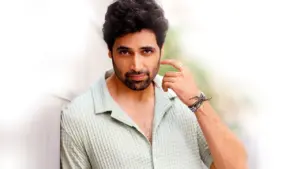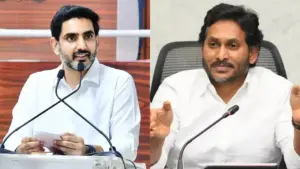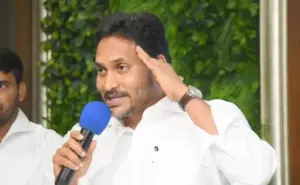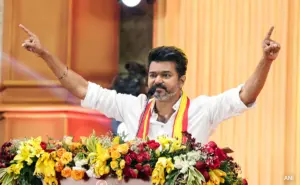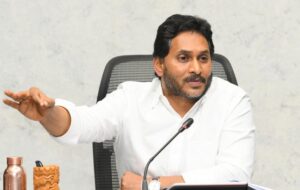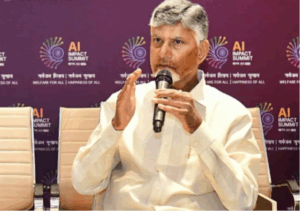PM Modi to Visit Visakhapatnam : ఒకే వాహనంపై మోదీ, బాబు, పవన్ భారీ రోడ్
Recent Random Post:
Nabha Natesh Sizzles in Fiery New Photo Shoot

Every smile, every pose, and every glance feels effortless yet captivating. Her soft, flowing waves frame her face gracefully, while long statement earrings shimmer with every subtle movement, adding a touch of drama to the look. The intricately embroidered ensemble, rich in fine detailing, stands out as the centerpiece — blending elegance with bold styling.
The shoot carries a cinematic warmth, capturing the actress at her most radiant and self-assured. It’s a visual celebration of glamour infused with strength and individuality.
On the professional front, Nabha is gearing up to impress audiences with Swayambhu, slated for release this year. If this fiery photo shoot is any indication, fans can expect a powerful on-screen presence and a vibrant comeback. Anticipation is steadily building for what promises to be an exciting phase in her career.











